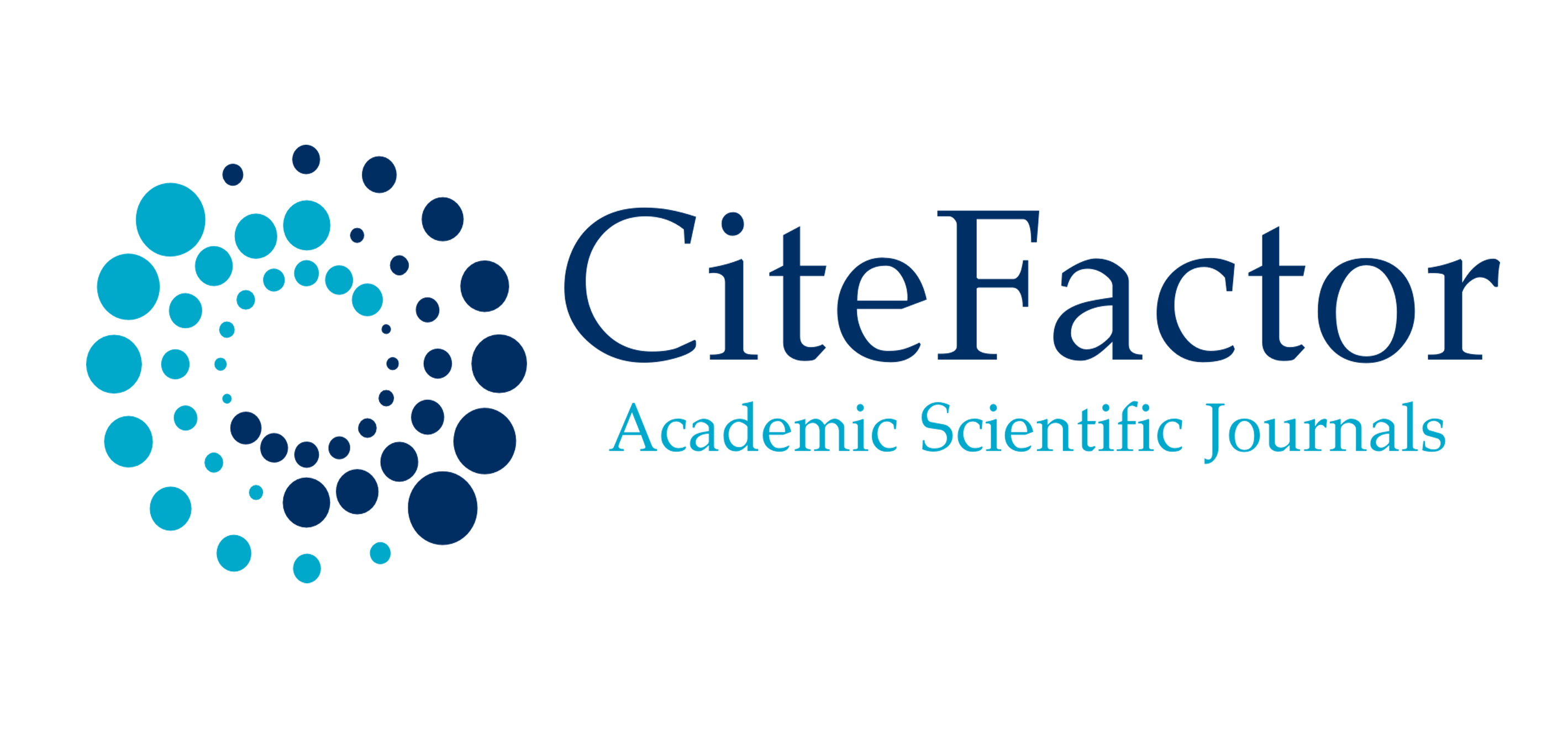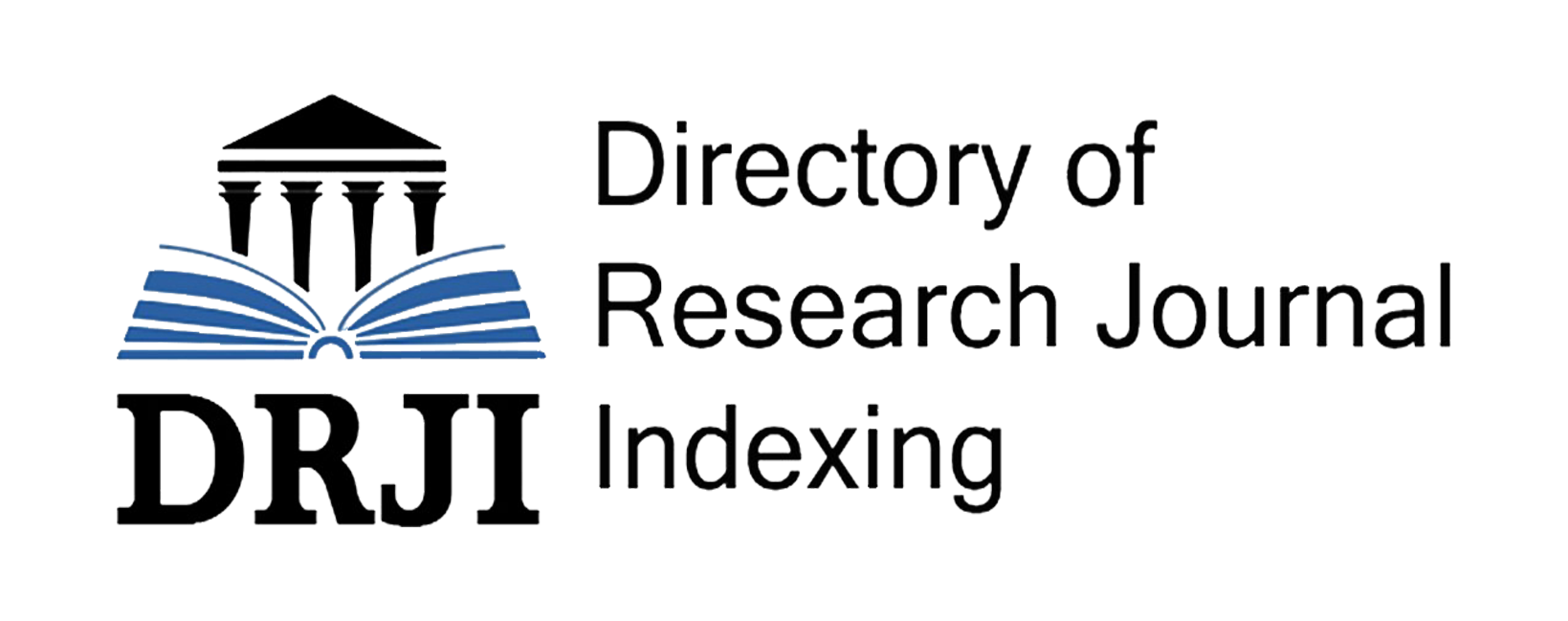SOCIAL MEDIA INFLUENCERS AND DATA PRIVACY: LEGAL OBLIGATIONS AND RESPONSIBILITIES
Keywords:
Social Media Influencers, Data Privacy, GDPR, CCPA, Uzbekistan Personal Data Law, Legal Obligations, Transparency, Consent, Data Security, Cambridge Analytica, FTC, TikTok, Privacy Law,, Compliance, Digital Marketing, Personal Data Protection, Privacy Policy, Legal Framework,, Cybersecurity, Ethical Implications, Cross-Border Data TransfersAbstract
This article explores the legal duties and liabilities that social media influencers have when it comes to data privacy. The increasing impact of social media has sparked considerable worries regarding the collection, utilization, and safeguarding of personal information. This research examines existing laws, rules, and scholarly studies to offer a thorough comprehension of the legal environment that influencers need to navigate. The main concern is making sure that influencers follow data privacy laws to safeguard the personal information of individuals.
References
European Union. (2016). General Data Protection Regulation (GDPR). Official Journal of the European Union.
California Legislative Information. (2018). California Consumer Privacy Act (CCPA).
Government of Uzbekistan. (2019). Law on Personal Data.
Solove, D. J., & Schwartz, P. M. (2020). Information Privacy Law. Aspen Publishers.
Warren, S., & Brandeis, L. (1890). The Right to Privacy. Harvard Law Review, 4(5), 193-220.
Cate, F. H. (2010). The Privacy Problem: A Broader View of Information Privacy. University of Pennsylvania Law Review, 155(3), 215-245.
Cadwalladr, C., & Graham-Harrison, E. (2018). Revealed: 50 million Facebook profiles harvested for Cambridge Analytica in major data breach. The Guardian.
Federal Trade Commission. (2020). FTC Imposes $5 Billion Penalty and Sweeping New Privacy Restrictions on Facebook.
Schaumann, D. (2015). Privacy and Social Media Influencers: The Legal Ramifications. Journal of Internet Law, 19(1), 3-17.
Spiekermann, S., & Cranor, L. F. (2009). Engineering Privacy. IEEE Transactions on Software Engineering, 35(1), 67-82.
Richards, N. M. (2013). The Dangers of Surveillance. Harvard Law Review, 126(7), 1934-1965.
Kuner, C. (2012). Transborder Data Flows and Data Privacy Law. Oxford University Press.
Hoofnagle, C. J. (2016). Federal Trade Commission Privacy Law and Policy. Cambridge University Press.
Solove, D. J. (2006). A Taxonomy of Privacy. University of Pennsylvania Law Review, 154(3), 477-564.
Westin, A. F. (1967). Privacy and Freedom. Atheneum.
Nissenbaum, H. (2010). Privacy in Context: Technology, Policy, and the Integrity of Social Life. Stanford University Press.
Allen, A. L. (1988). Uneasy Access: Privacy for Women in a Free Society. Rowman & Littlefield.
Regan, P. M. (1995). Legislating Privacy: Technology, Social Values, and Public Policy. University of North Carolina Press.
Cohen, J. E. (2019). Between Truth and Power: The Legal Constructions of Informational Capitalism. Oxford University Press.
Lessig, L. (2006). Code: Version 2.0. Basic Books.









